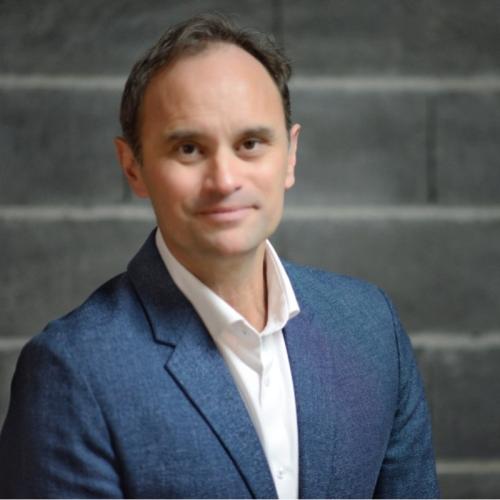At Partisia we are pioneers in building, tailoring and offering high-security privacy preserving software by providing new standards for secure solutions to protect and compute on confidential and highly regulated data. In this session we will present how Europe is currently focused on using privacy preserving measures in the healthcare industry to encrypt, protect and enable collaboration between hospitals and organizations using Multiparty Computation. In extension of that we will also present the future of data ownership, where each citizen is at the center of their own personal data, and has the power to controllably share it in a transparent and secure way across industries.











